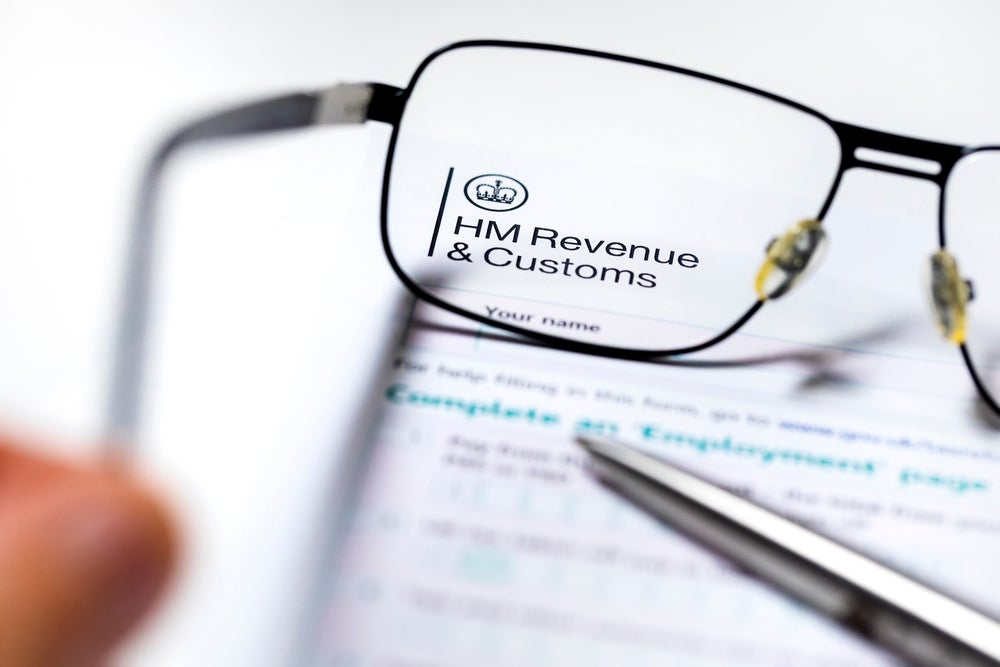Voters in the referendum on Scottish independence will not have enough information on the country’s financial situation to be able to make a truly informed decision, a report by the Chartered Institute of Public Finance and Accountancy (CIPFA) Scotland has found.
The report also concluded that an independent Scotland would face similar challenges than the rest of the UK to ensure its financial stability and that its success will solely depend on its government ability to tackle these challenges.
The report entitled The Scottish Referendum: Scotland’s future in the balance was produced in order to set a clear and understandable picture of Scotland’s public finances to inform the national debate ahead of the referendum on independence scheduled next fall.
CIPFA’s report estimated that the devolved Scottish public sector has assets of around £84bn ($143bn) and liabilities of £100bn. This means that the overall position of the devolved Scottish public sector is a net liability of around £16bn.
However the report concluded that although these estimates give a clearer indication of the Scottish public sector’s assets and liabilities, "it is not currently possible to form a complete picture of what Scotland’s opening financial position would be as an independent nation, because this would be a product of negotiations with the UK Government".
Negotiation with UK Government
The report highlighted two key areas of the negotiation which would have an impact on Scotland’s public sector balance sheet: the country’s share of the national debt and the public sector pension’s liability.
How well do you really know your competitors?
Access the most comprehensive Company Profiles on the market, powered by GlobalData. Save hours of research. Gain competitive edge.

Thank you!
Your download email will arrive shortly
Not ready to buy yet? Download a free sample
We are confident about the unique quality of our Company Profiles. However, we want you to make the most beneficial decision for your business, so we offer a free sample that you can download by submitting the below form
By GlobalDataCIPFA estimated that Scotland’s share of the national debt could be up to £120bn while public sector pensions make up around £75bn of the existing devolved liabilities in Scotland.
"The outcome of the negotiations on the division of assets and liabilities would significantly impact on the Scottish public sector’s balance sheet, the future decisions of an independent Scottish Government and its ability to borrow," the report read.
These negotiations will also decide Scotland’s share of North Sea oil revenues, likely to be a major source of revenue for an independent Scotland, the report continued. "The outcomes of these negotiations are fundamental to the starting position of an independent Scotland, and the fact that the outcome will not be known until after a vote for independence means that a truly informed decision cannot be made in the referendum."
Independent Scotland financial sustainability
The report also estimated that in an independent Scotland tax revenues would not match public spending. And that the main three significant factors for the financial sustainability of an independent Scotland would be North Sea revenues, the outcome of negotiations on the division of assets and liabilities and the debt interest rate.
"An independent Scotland’s public sector would face similar challenges to the rest of the UK in terms of financial sustainability going forwards," the report concluded.
"It would be for an independent Scottish Government to utilise the financial tools and levers that would be available to it, to make decisions on taxation, spending and borrowing in order to meet these challenges and ensure that Scottish public services were affordable and sustainable for future generations."
Related link
The Chartered Institute of Public Finance and Accountancy






